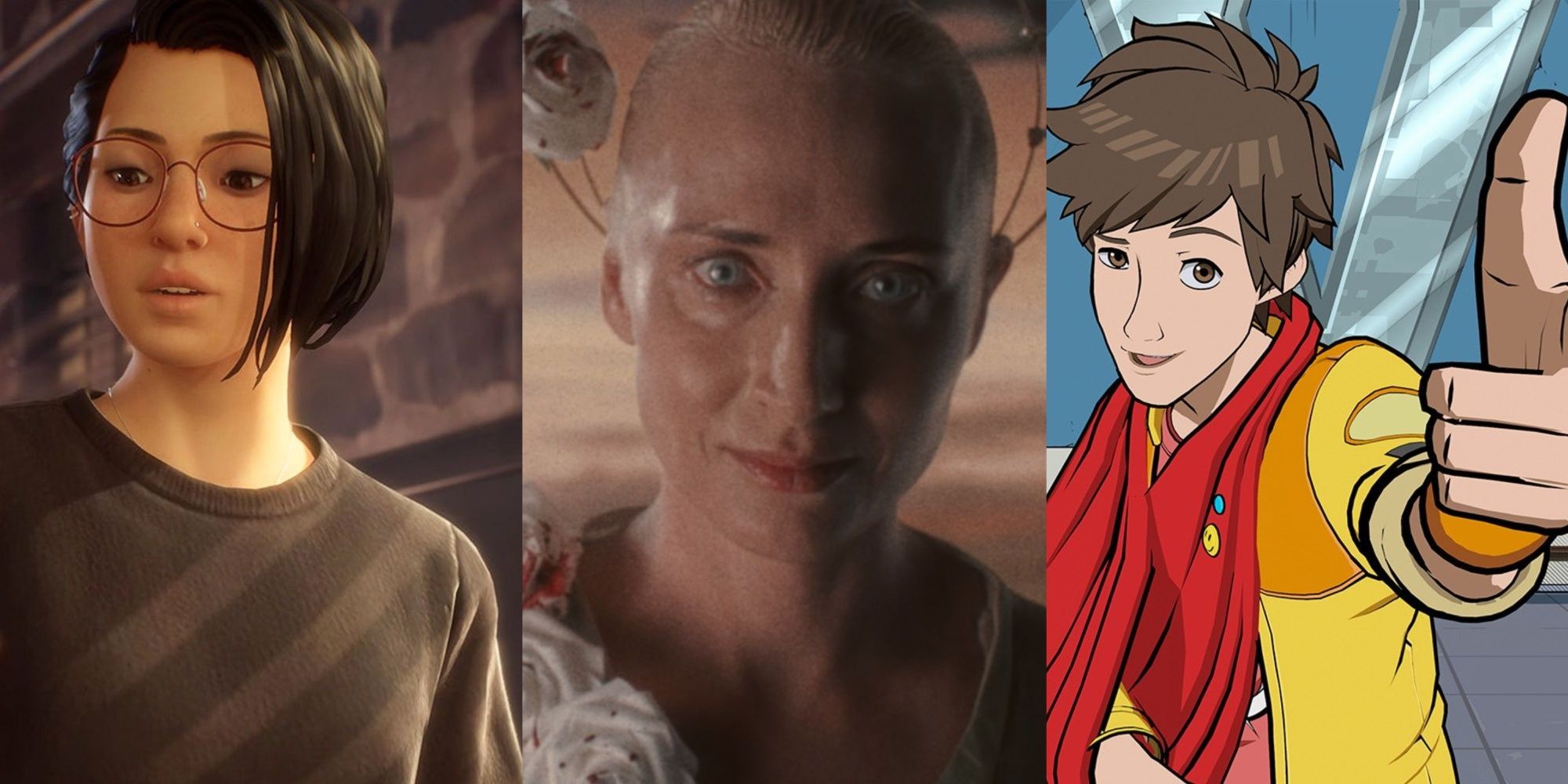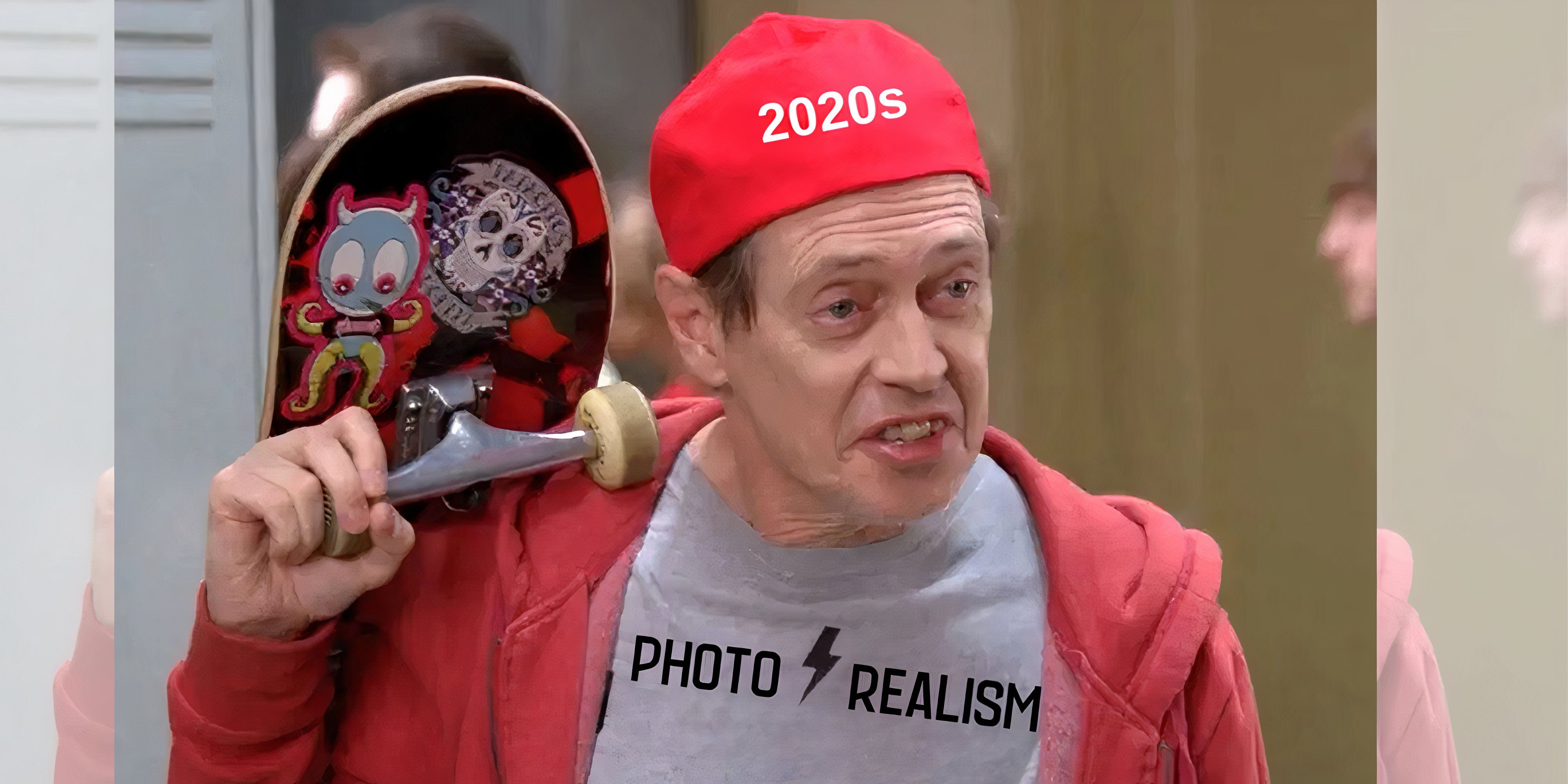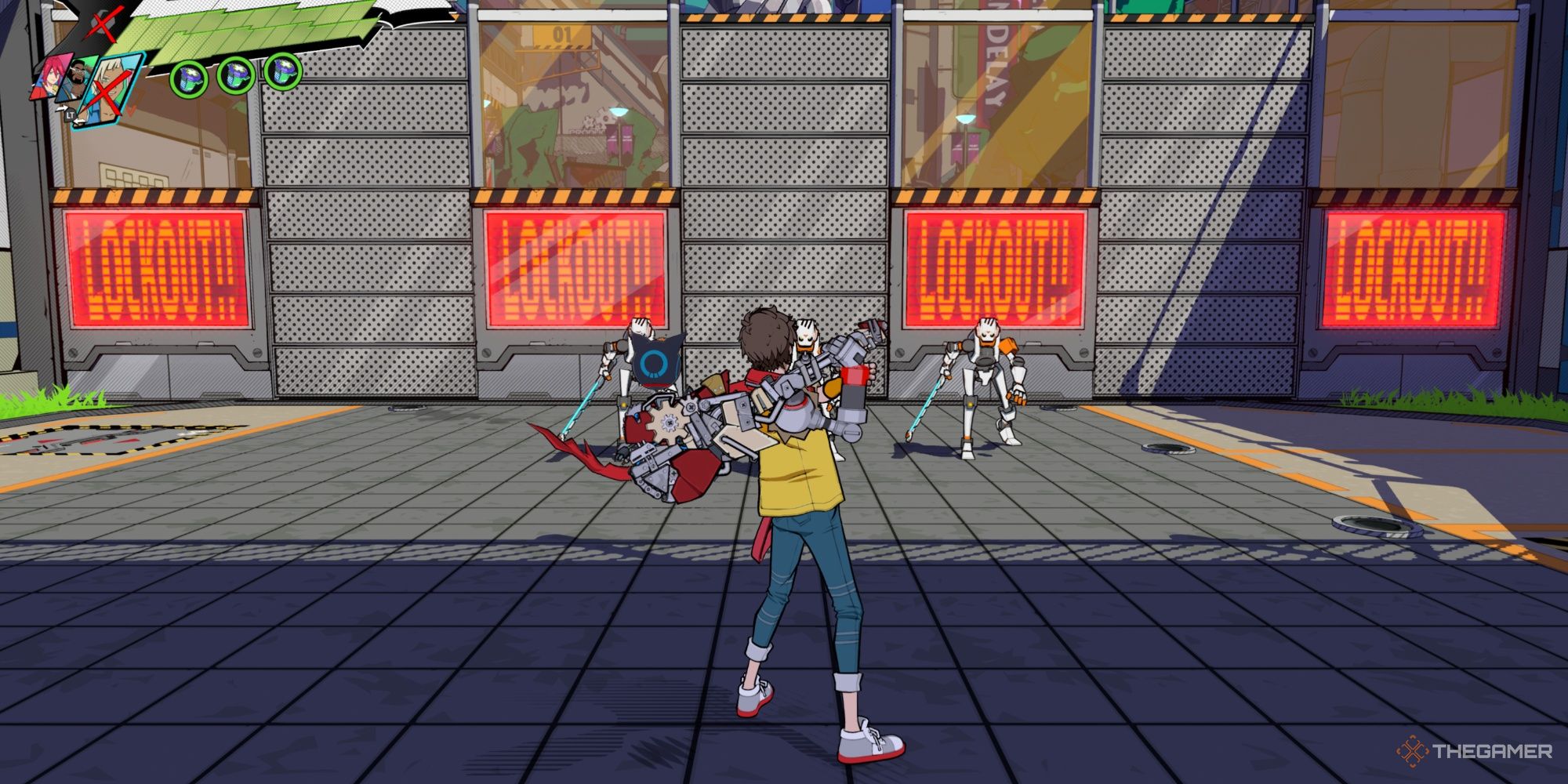Highlights
- Every decade pushed gaming forward, but the 2020s are polishing old trends
- Mass layoffs and the pandemic are obvious factors
- But it also feels like gaming is risk-averse as development cycles swell
Every era of gaming has a strong identity. In the ’80s, we see the birthplace of many of the genres we still know and love today. In the ’90s, mascots ruled the roost as rapid development and technological innovation created a golden age of home gaming. High def and the internet meant the ’00s were all about interactivity and online immersion like never before. In the ’10s, streaming took off, and so did grounded storytelling as photorealism arrived. As for the ’20s, uhh…
We’re into the fifth year of the ’20s (the maths checks out, count on your fingers), and it still feels like this era has no discernible identity. Photorealism hasn’t improved much since 2019’s Death Stranding (or Red Dead Redemption 2 in 2018), and even if the stats under the hood prove it has, nothing interesting has been done with that potential. Live-service domination is also a late ’10s trend that has carried over, as is the popularity of mobile games. I racked my brain for something that truly belongs to this era, and all I could come up with was ‘game delays’.
Games Take Too Long And Are Losing Their Identity
True, those have always happened, and the pandemic is obviously a major factor that no other era of video games has had to endure – the PS1 just missed Spanish Flu by 76 years. But it feels like delays are far more commonplace now than they ever have been, and they hit much harder thanks to how long games take to make. When I was a kid, I got games from Crash Bandicoot, Spyro the Dragon, Tomb Raider, and Tony Hawk’s Pro Skater within my first year of owning a PlayStation. Within a year, they all had sequels too.
For gaming to grow into a major art form, development time had to swell a little, but maybe we have passed the sensible point for that and have swelled into Icarusian arrogance, as jobs melt away like wax in the sun. Layoffs, another 2020s trend, link to the underlying issues that have robbed 2020s gaming of anything to say. Games take too long to make and cost too much money for creativity to prosper, and if this boardroom-mandated sanitisation results in a flop, it’s the creatives – who could have made a better game if they weren’t hamstrung by focus groups – who pay the price.
Virtual reality should have been a 2020s trend, a new ’90s where tech moves at the speed of a bullet train and fresh innovations await around every corner. But a lack of studio investment and no real attempt to market these expensive headsets to casual consumers had led to very little worthwhile happening in the VR space. While some games have impressed with flourishes, the last game to offer a ‘feel-new’ tech that moved beyond regular gaming was the AR in Pokemon Go, which launched in 2016.
The Best Games Of The 2020s Feel Like Great 2010s Games
If you wanted to be charitable, you might say that more open exploration is a definitive hallmark of the 2020s. Look at Elden Ring’s reinvention of the Dark Souls structure and free roaming map. See how Tears of the Kingdom lets you invent a variety of ways to go wherever you want in Hyrule. Marvel at the vast city you can explore however you choose in Baldur’s Gate 3. But those former two build on the foundations laid by Tears of the Kingdom’s predecessor, Breath of the Wild, a 2017 game. The 2010s stays winning.
Baldur’s Gate 3 is less obviously influenced by
Zelda
, but it doesn’t actually break CRPG conventions much. It just has the technological backing to offer a more expansive version of what that genre has done for decades, owing a lot to another 2017 game, Divinity 2: Original Sin.
The years are arbitrary to some extent, but it does feel as though this decade is stagnating. It’s too reliant on sequels that merely bloat the original, remakes that modernise away the charm, or live-service cash cows finding famine where 2010s shooters found feasts, we are living in an incredibly risk-averse decade, and as a result it is entirely lacking in identity. The most ambitious triple-A games of the era are building on foundations laid in 2017, and the rare game that attempts to build on them will likely be part of the 2030s canon, which will hopefully make for more interesting reading.
There have been a lot of great games so far this decade, and Elden Ring, Tears of the Kingdom, and Baldur’s Gate 3 might be the very best of them. But all of the top triple-As feel like they’re still 2010 games, just maybe a little bit faster here, a little bit bigger there. Sooner or later, someone needs to do something new.

Related
10 Best Video Game Characters Of The 2020s
The 2020s are off to a good start with truly well-crafted video game characters and protagonists.




